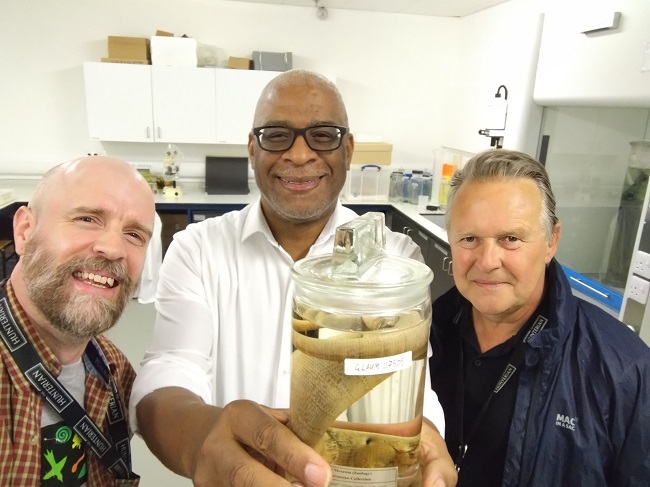Headstart boost for pupils' emotional health
PUPILS at Middlesbrough schools are being supported to promote their resilience to help them cope with challenging situations.
HeadStart aims to give all Middlesbrough’s children and young people the necessary support to achieve good emotional health by providing support at an early stage and prevent the onset of these conditions.
It is estimated that three pupils in every classroom will develop a diagnosable emotional or mental health condition.
Schools are therefore being supported to develop a robust and sustainable approach to improve the emotional health of young people aged between five and 16 through:
- Workforce development to upskill school staff to more ably support the emotional well-being of pupils
- Key workers based in each school to provide a range of solution-focused therapy
- Youth engagement through the HeadStarters pathway which supports young people to become emotional health champions
- A self-referral on-line tool available to every pupils to access direct support
- Primary to secondary transition support for all Year 6 and 7 pupils
- Peer friendship groups for more vulnerable pupils
A quality standard - developed in partnership with schools - has been introduced to support schools to audit and evidence their whole school approach to support emotional well-being.
Schools are awarded a quality rating ranging from bronze to gold, with Linthorpe Community School becoming the first in Middlesbrough to achieve the gold standard.
Achieving the gold standard demonstrates the school has embedded emotional resilience throughout school from policy to practice. Achievement of the gold standard follow rigorous inspection and audit.
Linthorpe Community School Headteacher Sarah Lymer said: “The challenges we face in Middlesbrough can have an adverse impact on pupils’ educational achievement, and for many poor emotional health can be a barrier to them achieving their full potential.
“That’s why we are fully committed to embedding the principles and outcomes of HeadStart into everything we do.
“It’s all about doing all we can to support the mental health and emotional wellbeing of pupils and staff at school, as well as engaging positively with parents and carers and the local community.”
The HeadStart programme is funded by Middlesbrough Council and South Tees CCG.
Councillor Jan Brunton Dobson, Middlesbrough Council’s Executive Member for Education and Skills, said: “We are committed to giving all our school pupils the best possible start in life, with a firm foundation that will stand them in good stead for the rest of their lives.
“A key element of that is ensuring that they have the emotional intelligence and resilience to deal with whatever life throws at them – and the confidence to seek help when they need it.
“HeadStart is a ground-breaking initiative that has the potential to change lives, and I congratulate Linthorpe Community Primary on becoming the first school in Middlesbrough to achieve its Gold Standard.”
South Tees Director of Public Health Edward Kunonga said: “Emotional resilience in young people is a pre-requisite to good health and wellbeing outcomes, educational attainment and length and quality of life.
“Around half of people with mental health problems experience their symptoms by the age of 14.
“HeadStart provides support for children and young people at an early stage to enable them to cope in difficult circumstances to prevent problems from occurring in the first place.”











